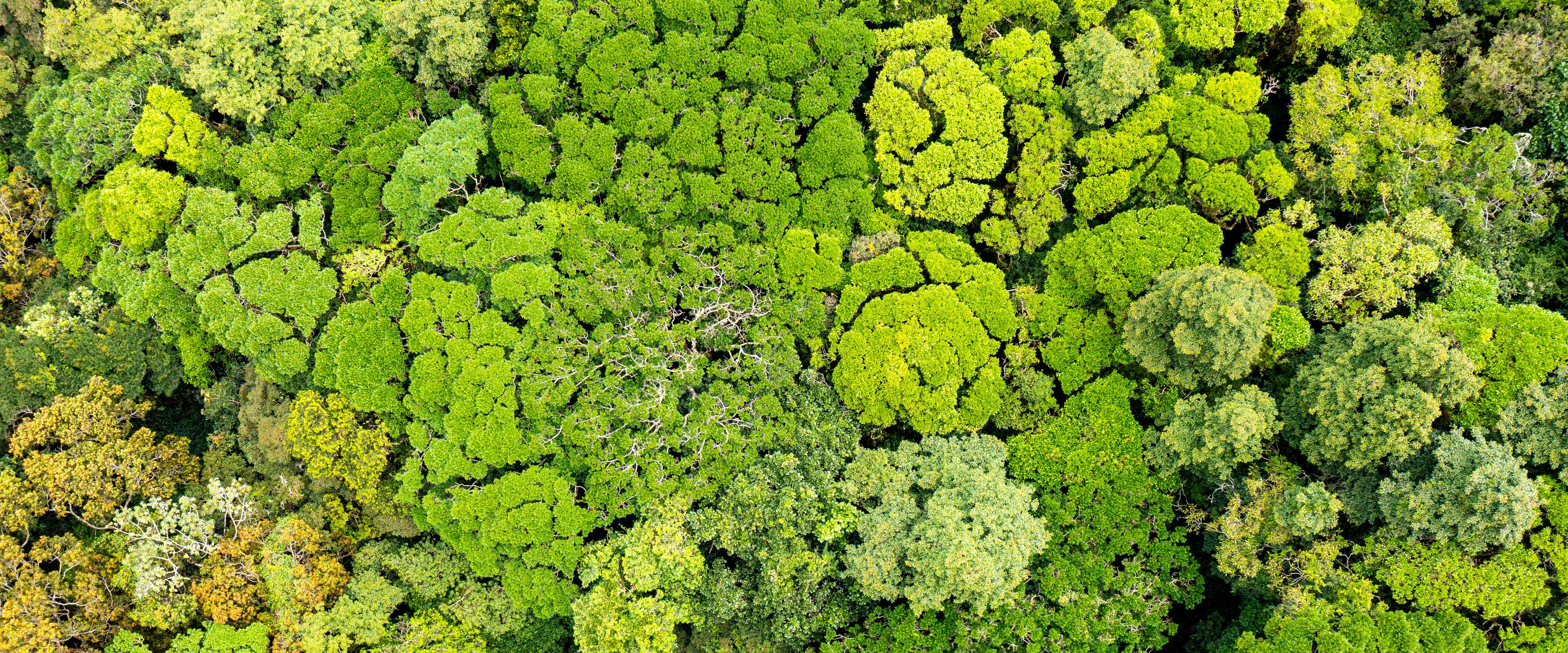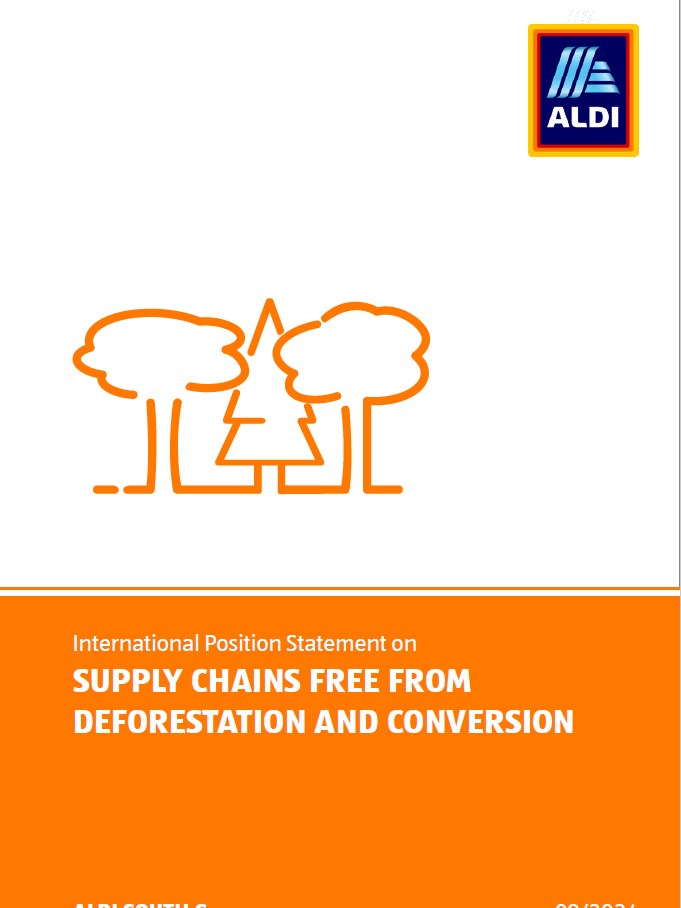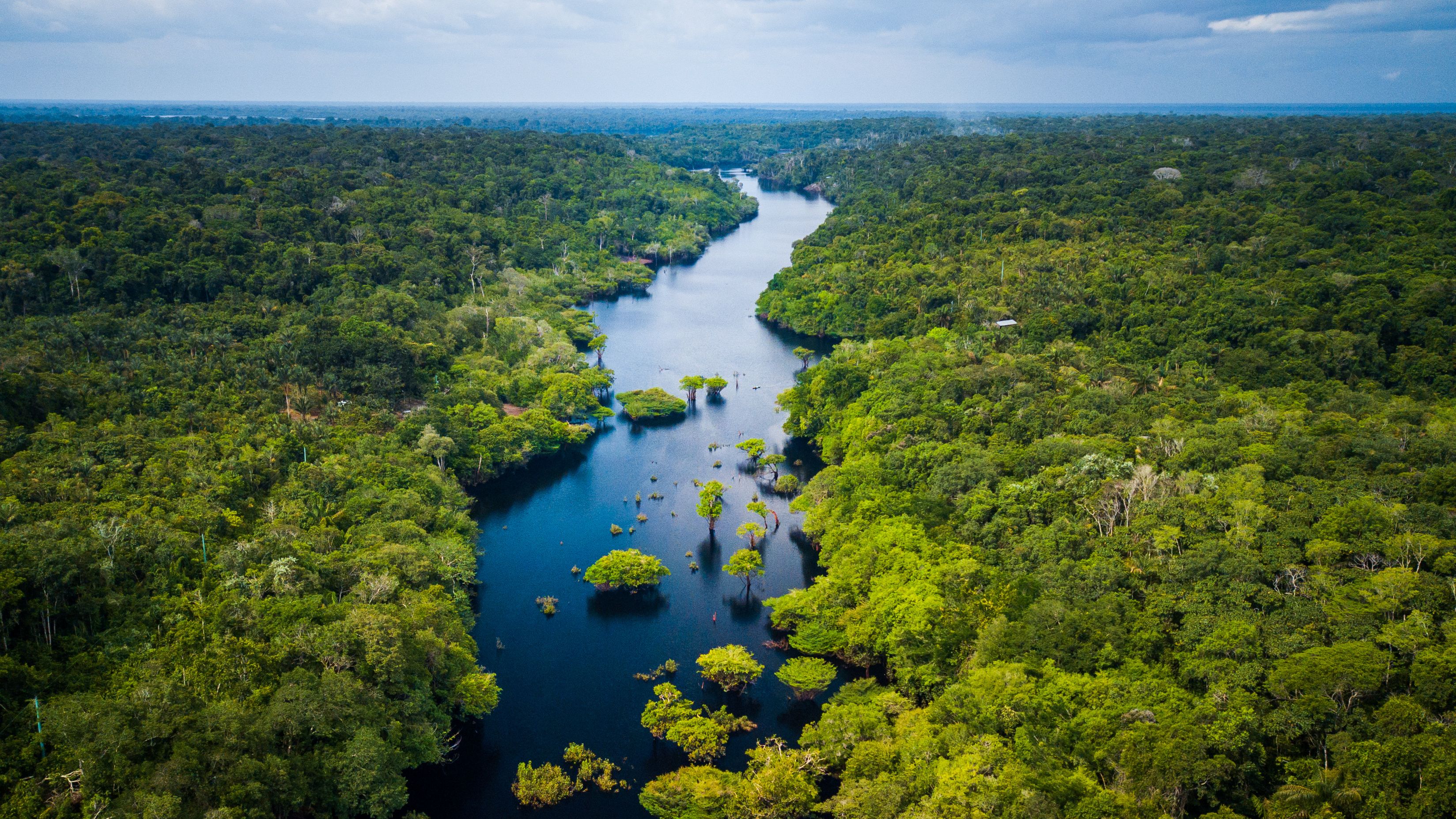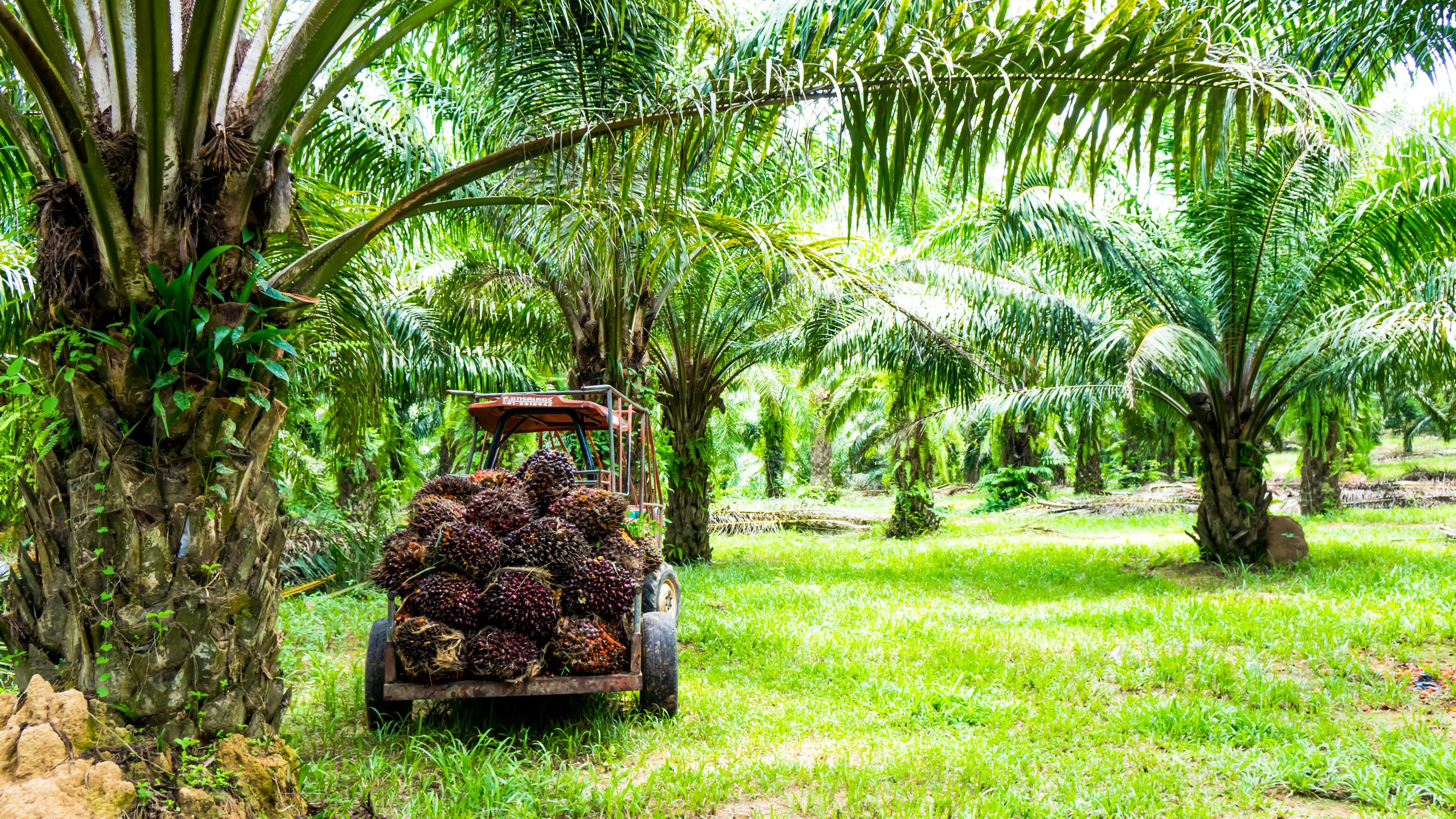

The ALDI SOUTH Group and ALDI Nord Group publish a joint international position statement to explain how ALDI is planning to achieve its commitment to deforestation-free supply chains by 2030 and is also extending its commitment from forests to further natural ecosystems.
As a global retailer, ALDI is aware of its responsibility to protect forests and natural ecosystems. Forests, peatlands, and savannahs are diverse and complex ecosystems that provide habitat for plants, animals, and people. The clearing and destruction of these ecosystems to create agricultural land is a key driver of global habitat loss and carbon emissions. A good example is how land is cleared so that soy can be grown and used as a main component in animal feed.

Our position
ALDI started addressing major concerns relating to palm oil, timber, and paper products in 2010 and continues to identify and address other key commodities linked to deforestation and ecosystem conversion. The new Position Statement explains ALDI’s approach and why we are extending our existing commitments to also protecting other natural ecosystems. It builds on three pillars, which complement each other: Transparency, Standards and Collaboration.
We apply a commodity specific approach for high priority groups - including the identification of relevant products, accepted deforestation-free standards and deforestation-free origins. All measures apply to our own-brand products.
Our high priorities
- Palm Oil
- Timber and paper products
- Wood-based packaging
- Cocoa
- Soy
- Beef
- Coffee
- Banana

International Position Statement on Supply Chains free from Deforestation and Conversion
The new Position Statement was developed in collaboration with external experts and environmental organisations based on the internationally recognised guidelines of the Accountability Framework Initiative.


